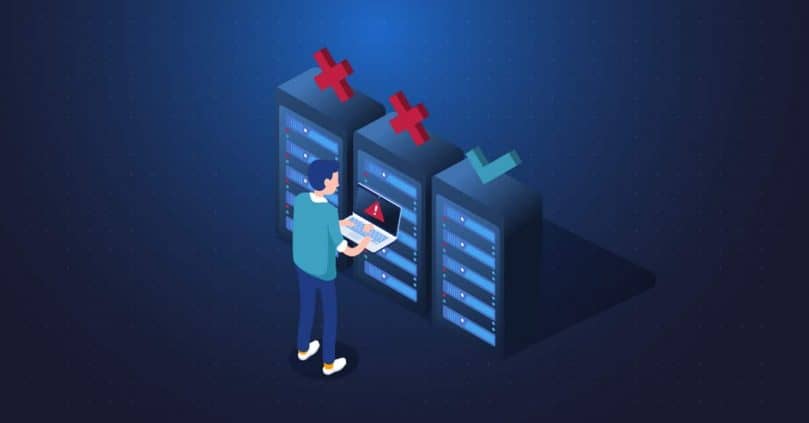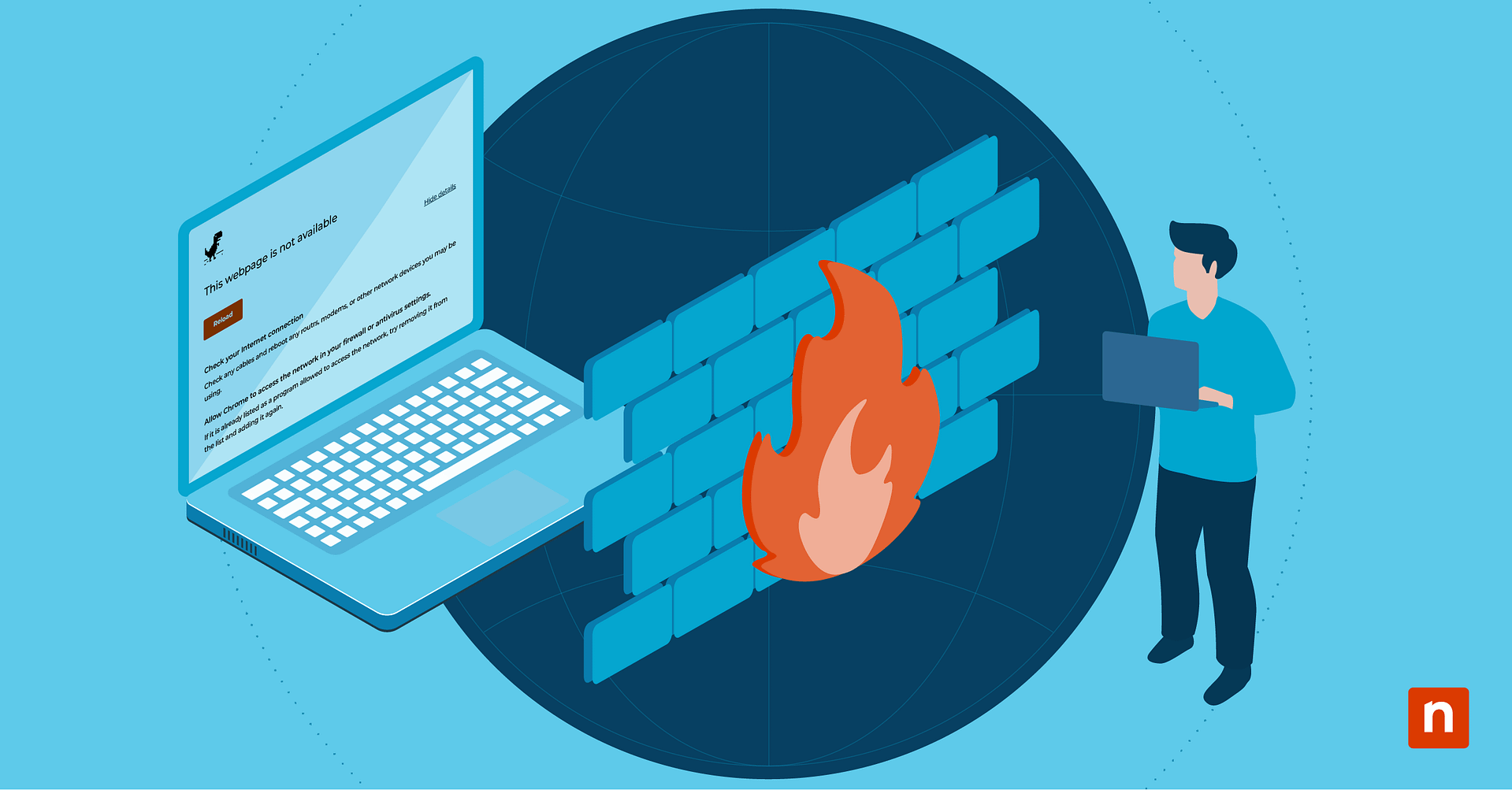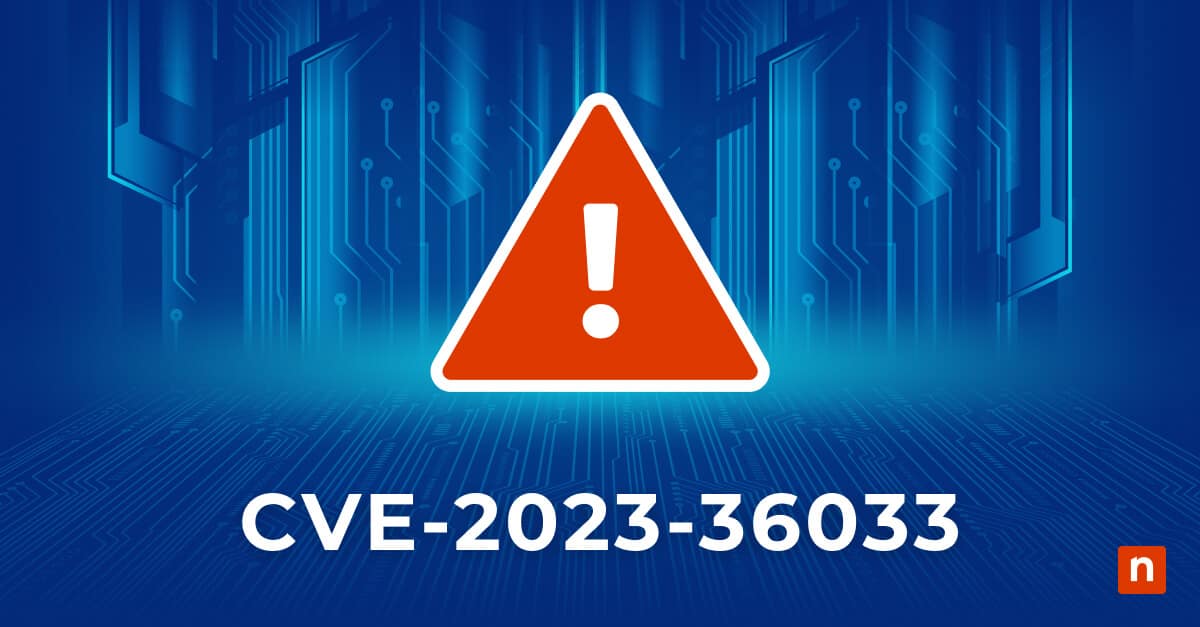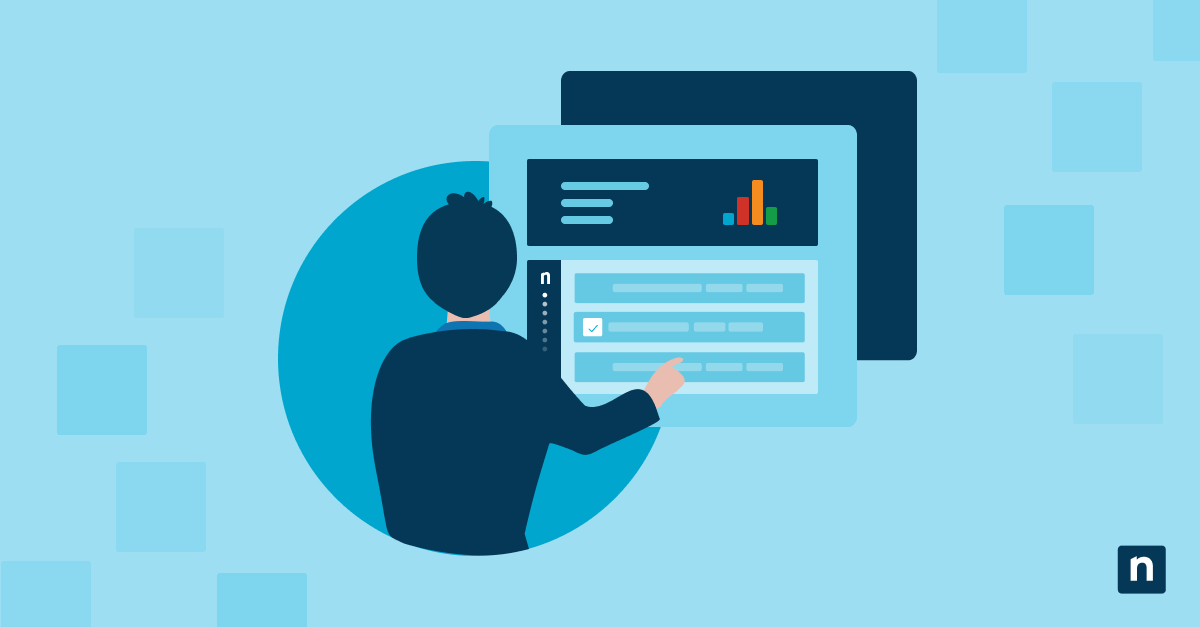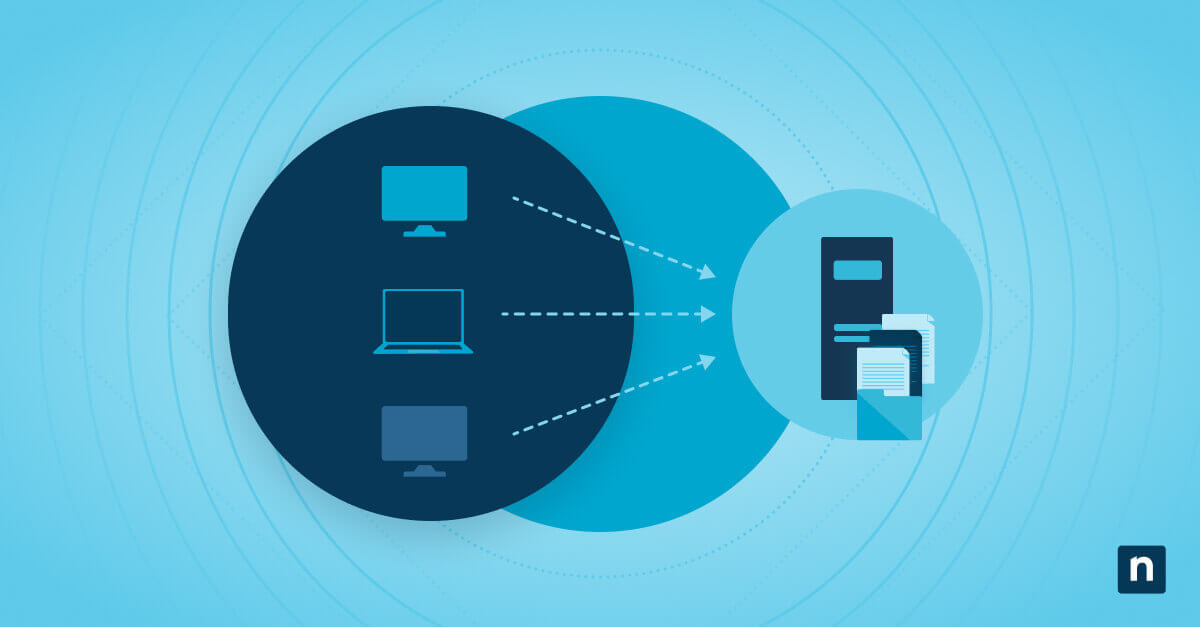Backups are needed for everything from restoring a lost or damaged file to completing an entire disaster recovery. Data backups require a lot of storage space, which takes up more resources and drives costs up. To make the most of this storage, businesses need to optimize their data backups.
Fortunately, backup deduplication can help reduce the overall load on data storage and provide other benefits. Learn more about backup deduplication and how it can help your organization’s storage utilization in this article.
What is backup deduplication?
Backup deduplication is a tool used to maximize storage utilization by removing any redundant data, thereby reducing the amount of data storage space used for backups. Backup deduplication is also known as data deduplication.
How does backup deduplication work?
Backup deduplication works by comparing new data with data that has already been backed up. It saves single copies of blocks of data and then compares those data blocks with new data that comes in. If any identical hashes or redundancies are detected among data sets, it will remove the duplicates.
When restoring data that has been deduplicated, the software uses pointers to reference the original copies of data where needed. These pointers take up a lot less space than the duplicates of data, which helps to reduce the amount of space needed for backups of all your data.
Data deduplication can be performed using two different strategies: file-level or block-level.
File-level deduplication
File-level deduplication compares new files with existing files. If the new file does not match any previous files, it will store and index it. If the same file has previously been backed up, the backup deduplication software will use a pointer to reference the original and avoid creating a duplicate file.
Block-level deduplication
Block-level deduplication is even more granular and compares data blocks within a single file. However, it works in the same way that file-level deduplication does. New data blocks are saved, and identical data blocks are replaced with a pointer instead of creating a duplicate.
Why is backup deduplication important?
There are four major reasons why data deduplication is important for organizations, which are:
1) Reduced storage utilization
This is the main reason backup deduplication is performed. Since backup deduplication removes any data redundancies, you are left with single copies of all your data. This decreases the amount of overall data, which reduces the storage utilization of your organization.
2) Lower costs
Reduced storage utilization leads to lower costs. When your backups require less storage space, your company can spend less on data storage or data maintenance and save money for the organization.
3) Decreased bandwidth required
The amount of bandwidth used depends largely on the amount of data you backup or transfer back to your endpoints. Backup deduplication removes extra copies of data so that all data is unique. This decreases the total amount of data being transferred over the network, which optimizes your network efficiency.
4) Faster recovery
Whether a single file is lost or the entire data set needs to be restored, data deduplication enables a faster recovery overall. Because each version or point of data is saved only once, it allows you to quickly access and restore the data. This also helps to support business continuity.
If an entire disaster recovery needs to be performed, it will also be completed much faster due to the smaller amount of storage. Duplicates of data won’t need to be a concern because backup deduplication will have already been executed.
Conclusion
Backup deduplication, when used with available types of backup software, can be an essential component in your organization’s IT environment. It effectively reduces the amount of data being stored without losing essential pieces or compromising on quality. Backup deduplication technology helps your company to be prepared for any small problem or big disaster that comes.
Back up your organizational data with Ninja Data Protection. It contains a variety of storage and restore options, along with block-level backup and compression to reduce overall storage. Sign up for a free trial today.

